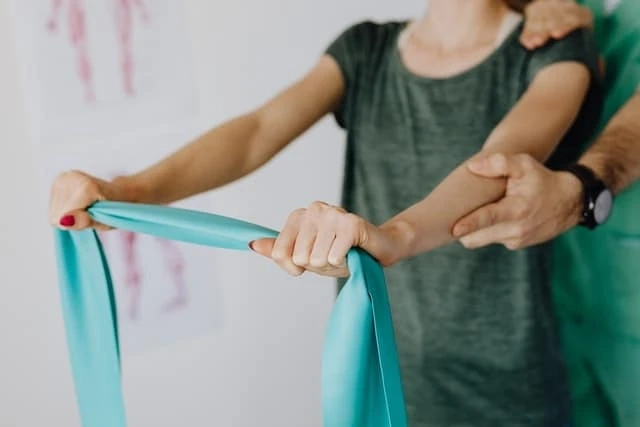Cognitive behavior therapy is a promising treatment for a wide range of addictions. While the therapy itself is not a treatment for any addiction, Rehabilitation Centre in New Delhi it can be used as a part of a larger therapeutic program and will allow someone to recover more quickly.
Many people do not understand the basics of cognitive behavior therapy. Rehabilitation Center in Delhi The main theory of the therapy is that a person has his or her feelings and behaviors based on their thoughts and not on anything that they do. While many people think this is crazy, there is some logical basis to it. Everyone has a choice of what they think and when they think it. Sometimes, you are stuck in certain situations that you can just not get out of for any reason. If you change your basic thinking, you can change how you will react and what you will do in these situations.
This can sound very confusing but it is very simple when you put it into context. Rehabilitation Center in gurgaon For example, when someone is addicted to alcohol, he undergoes cognitive behavioral therapy, they are taught to recognize and avoid situations where they could gain access to alcohol use. The addict is also taught about some strategies they can use to cope just in case they cannot get away from the situation.
Addicts who are not ready to admit that they have a problem are not good candidates for cognitive behavior therapy. Not only will they be unwilling to participate but the training will not help them at all as they will not use the skills to avoid their addiction. For addicts who are ready to go through with the therapy, there are two steps in the program. The first step is functional analysis. It is just a session where a therapist and an addict talks with a person about their feelings and emotions surrounding their addiction. This may be a weird moment for the addict where they learn what was pushing them into their addiction.
Once the therapist and the addict have gone through the functional analysis, the next part of the therapy is to have a skills session. This session will help teach the addict what they need to know to avoid going into relapse. It may require the addict to unlearn old habits and learn proper coping skills. Once the therapist helps the addict learn new healthy coping skills and strategies, the addict can be done with the therapy.
Cognitive behavior therapy is a fast and accurate strategy for addicts of any addiction to help themselves stay sober. They take about how they were before, during, and after their addiction. The addicts also talk about what they felt like. Once everything has been laid out on the table, the addict learns new coping skills with the help of a therapist. The entire therapy takes between ten to fifteen sessions and it is worth it in the end.
0



